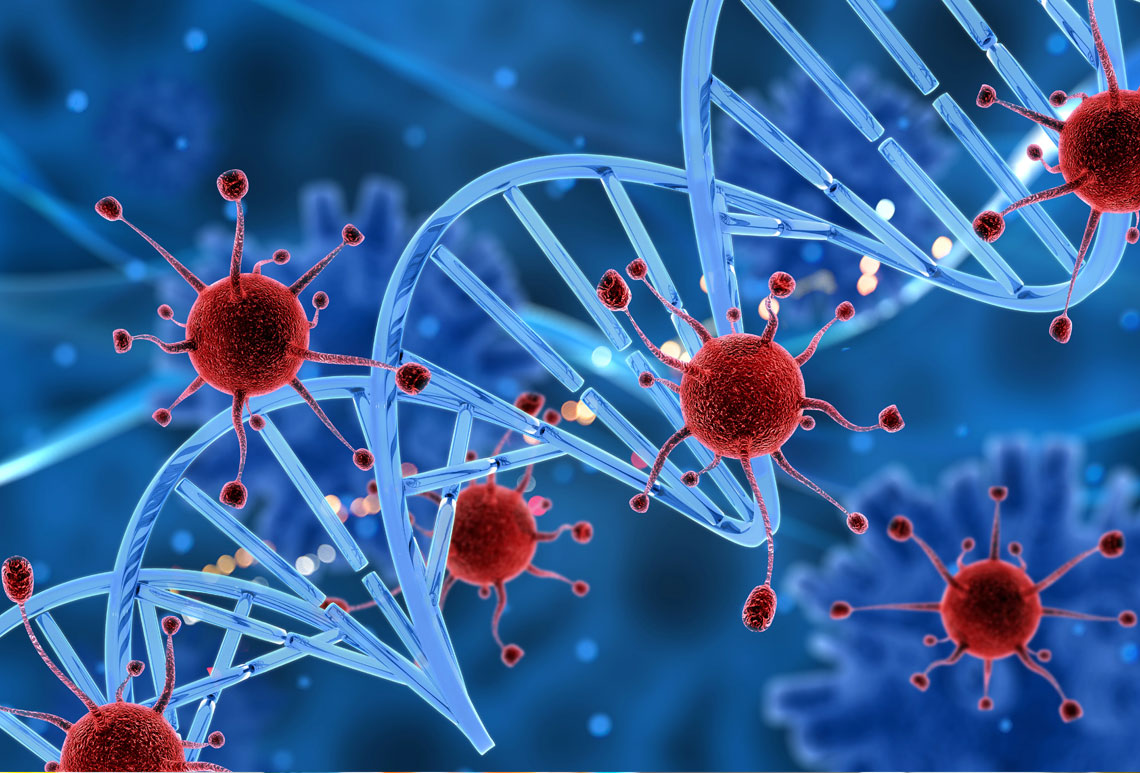-
24/7 available services
-

Hematology, as you've already explored, is a fascinating and crucial branch of medicine dedicated to the study of blood and blood-related disorders. It encompasses everything from understanding blood cell production and function to diagnosing and treating diseases that affect them.
Here's a deeper dive into this multifaceted field:
Healthy blood is essential for transporting oxygen, fighting infections, and maintaining various bodily functions. Hematologists play a crucial role in: